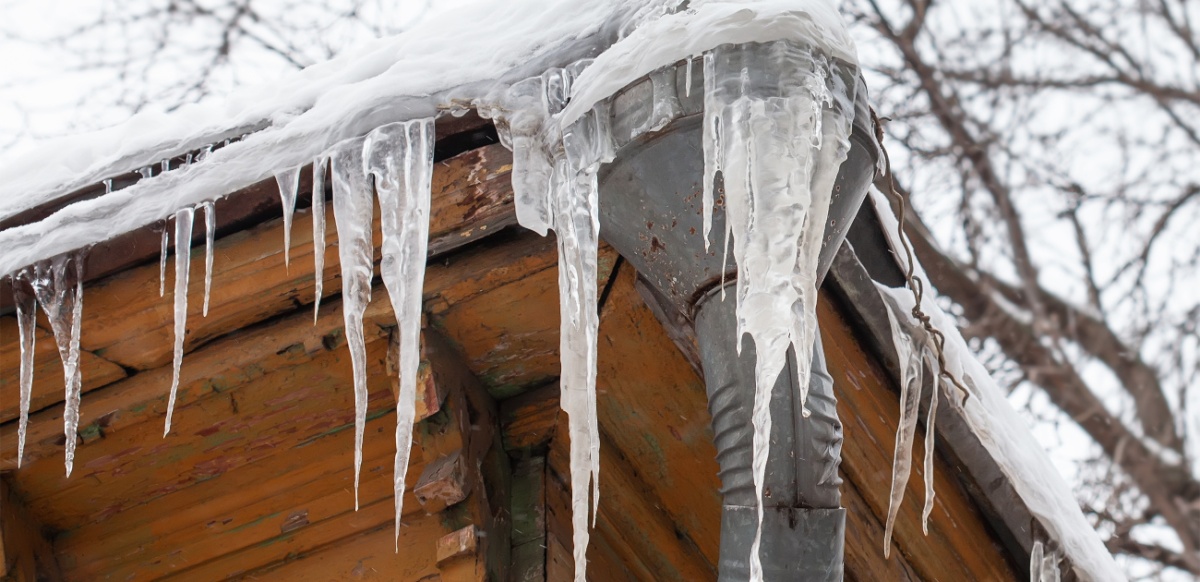Crucial Tips to Avoid Frozen Pipes in Winter
Crucial Tips to Avoid Frozen Pipes in Winter
Blog Article
Nearly everybody maintains their unique idea on the subject of Preventing and dealing with frozen pipes.

Cold weather can wreak havoc on your pipes, specifically by freezing pipelines. Right here's how to stop it from occurring and what to do if it does.
Introduction
As temperature levels decline, the danger of icy pipes boosts, possibly leading to expensive fixings and water damage. Recognizing how to prevent icy pipelines is vital for property owners in cool climates.
Comprehending Icy Pipelines
What causes pipes to ice up?
Pipelines ice up when exposed to temperatures listed below 32 ° F (0 ° C) for expanded durations. As water inside the pipelines ices up, it increases, taxing the pipeline walls and potentially triggering them to break.
Risks and problems
Icy pipes can bring about supply of water disturbances, home damage, and costly repair services. Burst pipelines can flooding homes and create considerable structural damage.
Indicators of Frozen Water Lines
Determining icy pipes early can avoid them from bursting.
Just how to determine frozen pipes
Look for lowered water circulation from faucets, unusual smells or sounds from pipes, and noticeable frost on subjected pipelines.
Prevention Tips
Shielding susceptible pipelines
Cover pipes in insulation sleeves or utilize warmth tape to safeguard them from freezing temperature levels. Concentrate on pipelines in unheated or external areas of the home.
Heating methods
Maintain indoor spaces effectively warmed, especially areas with plumbing. Open up cabinet doors to allow warm air to circulate around pipes under sinks.
Safeguarding Outdoor Plumbing
Garden hoses and outdoor taps
Detach and drain garden hoses prior to winter months. Mount frost-proof faucets or cover outside faucets with protected caps.
What to Do If Your Pipes Freeze
Immediate actions to take
If you presume icy pipelines, maintain faucets open up to soothe stress as the ice melts. Use a hairdryer or towels taken in warm water to thaw pipes gradually.
Long-Term Solutions
Architectural modifications
Think about rerouting pipelines away from outside walls or unheated areas. Include added insulation to attics, cellars, and crawl spaces.
Upgrading insulation
Invest in high-grade insulation for pipes, attic rooms, and wall surfaces. Proper insulation aids maintain constant temperature levels and reduces the danger of icy pipes.
Final thought
Preventing frozen pipes needs aggressive actions and quick reactions. By comprehending the causes, signs, and preventive measures, property owners can secure their pipes throughout winter.
Helpful Tips to Prevent Frozen Pipes this Winter
UNDERSTANDING THE BASICS: WHY PIPES FREEZE AND WHY IT’S A PROBLEM
Water freezing inside pipes is common during the winter months, but understanding why pipes freeze, and the potential problems it can cause is crucial in preventing such incidents. This section will delve into the basics of why pipes freeze and the associated problems that may arise.
THE SCIENCE BEHIND FROZEN PIPES
When water reaches freezing temperatures, it undergoes a physical transformation and solidifies into ice. This expansion of water as it freezes is the primary reason pipes can burst. As the water inside the pipe freezes, it expands, creating immense pressure on the walls. If the pressure becomes too great, the pipe can crack or rupture, leading to leaks and water damage.
FACTORS THAT CONTRIBUTE TO PIPE FREEZING
Low Temperatures: Extremely cold weather, especially below freezing, increases the risk of pipes freezing. Uninsulated or Poorly Insulated Pipes: Pipes located in unheated areas, such as basements, crawl spaces, or attics, are more prone to freezing. Insufficient insulation or lack of insulation altogether exacerbates the problem. Exterior Wall Exposure: Pipes running along exterior walls are susceptible to freezing as they encounter colder temperatures outside. Lack of Heating or Temperature Regulation: Inadequate heating or inconsistent temperature control in your home can contribute to frozen pipes. PROBLEMS CAUSED BY FROZEN PIPES
- Pipe Bursting: As mentioned earlier, the expansion of water as it freezes can cause pipes to burst, resulting in significant water damage.
- Water Damage: When pipes burst, it can lead to flooding and water damage to your property, including walls, ceilings, flooring, and personal belongings.
- Structural Damage: Prolonged exposure to water from burst pipes can compromise the structural integrity of your home, leading to costly repairs.
- Mold and Mildew Growth: Excess moisture from water damage can create a favorable environment for mold and mildew growth, posing health risks to occupants.
- Disrupted Water Supply: Frozen pipes can also result in a complete or partial loss of water supply until the issue is resolved.
WHY CERTAIN PIPES ARE MORE PRONE TO FREEZING
- Location: Pipes located in unheated or poorly insulated areas, such as basements, crawl spaces, attics, or exterior walls, are at higher risk of freezing.
- Exterior Pipes: Outdoor pipes, such as those used for irrigation or exposed plumbing, are particularly vulnerable to freezing as they are directly exposed to the elements.
- Supply Lines: Pipes that carry water from the main water supply into your home, including the main water line, are critical to protect as freezing in these lines can affect your entire plumbing system.
- Underground Pipes: Pipes buried underground, such as those connected to sprinkler systems or outdoor faucets, can be susceptible to freezing if not properly insulated.
https://busybusy.com/blog/helpful-tips-to-prevent-frozen-pipes-this-winter/

We were made aware of that write-up about Prevent Frozen Pipes through a friend on another web page. Do you know about somebody who is in the market for the subject? Take a moment to share it. Thanks a bunch for your time. Come back soon.
Call Today Report this page